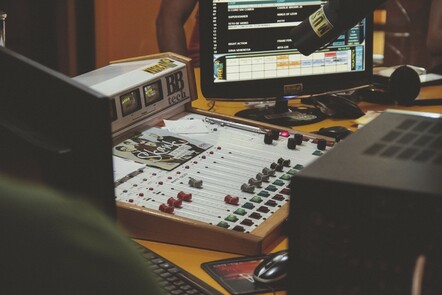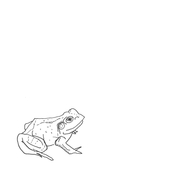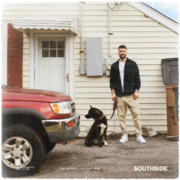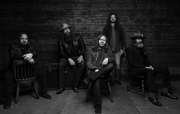New York, NY (Top40 Charts) Everyone likes music, but some perhaps like it more than others and have a deep appreciation for its intricate components. If you find yourself able to spot chart-toppers and analyze how music affects the public, you may have a good head start to
becoming a producer. The path to becoming a music producer is not easy, and it requires a good knack for composing music, managing, mixing, and mastering. While talent is involved, what trumps it, is passion. As long as you enjoy music and appreciate it deeply, learning the mechanics and techniques involved in music production will be an enjoyable journey. The direction the global music scene is taking involves a lot of sound engineering and electronic elements, so you'll want to get yourself acquainted with what goes behind the scenes. This is a brief guide that should help you know and get through the first steps to becoming a music producer.
DAW
A digital audio workstation (DAW) is the main tool of any form of music production. Think of it as an instrument that is required to create electronic music just like a guitar creates acoustic music. This doesn't mean that a DAW is exclusively made to create electronic music only; it can also be used to mix and master acoustic music as well. There are dozens of DAWs on the market and you'll find every producer praising the one they use. The thing is, there is no such thing as the best DAW objectively. Each one has its own advantages and disadvantages that you'll have to consider before you use it.
If you're still starting, it's recommended to see if you have any friends who are good with a DAW of their choice, so they could help you out in the beginning. Don't take too much to decide on a DAW because that time should be rather spent on creating music. You want a DAW that would allow you to use samples easily, as it's an important aspect of your job. You'll find many sample packs that can help you create great and unique sounds if you incorporate their usage in your DAW. A glance at Samplified.us would show you a myriad of samples for every genre out there, from drums to steel pans. Make sure your first DAW has an easy learning curve when you're still beginning to experiment with samples to have as much room as possible.
Back to Basics
Unlike playing instruments, music production requires a certain musical approach to use many different instruments and sounds in harmony. That doesn't mean that knowing the basics of different musical instruments is negligible. You don't have to have a master level of playing the instrument, but it's important that you recognize its main mechanics and sound range. Knowing the basics of drums and guitars is a very good start since you'll be acquainted with the most common forms of rhythm and melody in modern music. A piano or keyboard should be at the top of your priorities as nothing can help you understand music theory like a keyboard.
Music Theory
Whichever instrument you choose to learn on, you have to understand that, for a producer, the main reason behind playing them is to get more proficient with music theory. As a producer, you'll have to compose a lot of lines for your songs, and without music theory, you'll never be able to do that. A music theory degree or course is highly recommended for those who don't know about it as it can reduce the time it will take you to fully understand music theory at a high level.
Get Creative
You may need to fight the hesitance at the beginning when you're trying to create your own sound after learning what you need to learn. No matter how much music you study and hear, you won't be able to become good at producing if you have never experimented with music yourself. Trial and error is a normal part of the journey, so make sure you try to put your beats in rhythm gradually as much as possible to make it work. Creating music tracks will help you understand your style even more because it allows you to develop a distinct taste in music creation.
All beginnings may seem hard and overwhelming, but, as long as you have the passion and dedication required, you'll find yourself enjoying every step of the way. To create music, you want to understand music as much as possible and look at it from different angles. A producer's career has a lot of leeway for creativity, making it a very unique and dazzling experience.
























